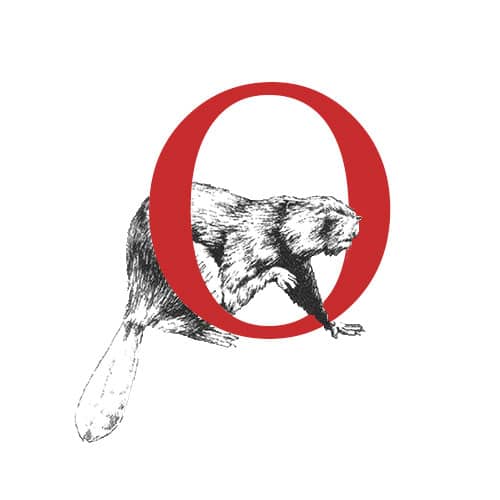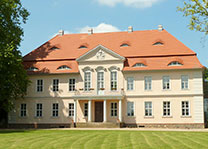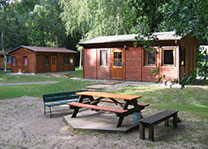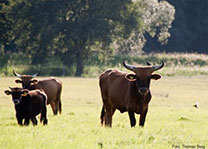The future of the region lies in education and qualification
The chairman of the Association of Friends of the German-Polish European National Park Unteres Odertal e. V. Thomas Berg:
“The study commissioned by the Schwedt city administration sets a few new points that have so far been neglected by Schwedt politics. The future of the industrial location lies in education and qualification. The mistake of not bringing a technical college into town must be corrected. As an extended workbench, the Oder region has no chance after Poland’s accession to the EU; wages in the east are unrivaled low. In Germany, a high-wage country, the focus must be on quality, otherwise the negative scenario of the study with 26,000 inhabitants in 2020 is more likely for Schwedt than the positive scenario with 36,000 inhabitants. For an economic study, it is understandable that the wish list includes a maximum expansion of all conceivable transport routes. In view of generally tight budgets, however, priorities have to be set and these are clearly in the connection Berlin — Schwedt — Stettin by road and rail.
The study neglects the so-called soft location factors, the culture that is currently being massively developed in Schwedt in favor of asphalt and concrete, but also tourism and nature conservation. The region must accept its national park, which is structurally irreversible, and aggressively use it as a positive location factor. Then the chances grow “.








